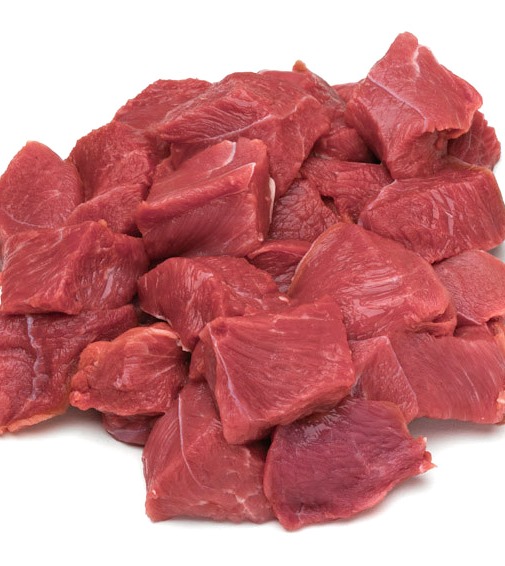BLOWING one’s own trumpet may seem and sound immoral. To some existent, yes; and in respect of which we may liberally invoke the Kiswahili saying “Kibaya chajiuza; kibaya chajitembeza.”
Loosely translated, its message is that, something that is positive in its outlook, or orientation, need not take pains to advertise itself, because the many people to whom it is endeared, know that as an automatic fact.
On the other hand, however, something that is negative, whose manufacturer or producer wants to attract as much attention as possible, will go the proverbial extra mile to attract the attention of potential customers, to the point of being a nuisance.
This is understandable, though not excusable, because potential customers can tell, by sheer application of common sense, as well as experiences drawn from using or tasting a given product, which passes the test, and which fails.
Yet, at the end of the day, there’s no harm in self-congratulatory heroics, by individuals, communities and even, at the higher level, nations.
The show may be spoiled, however, if, or when, in varying degrees, what is essentially positive is rendered negative. As Tanzanians, we pride ourselves in being one of the countries in Africa with a very high livestock population.
Fine. But the pride can only be wholesome if, the end-product, meat, is not only delicious, but safe.
To that end, we are fully supportive of the crackdown on which the Tanzania Meat Board (TMB) is set to embark, to crack down on butchery operators who haven’t complied with a directive to operate in a hygienic environment for which September 30, last year was the deadline.
Major aspects include staff wearing white overcoats, using wooden chopping logs, having digital weight scales and tiled floors as well as walls.
Attendants in meat-related outlets as well as functions are also required to undergo periodic health check-ups. Those safeguards are considerably ignored, for which much of the blame must be apportioned on the laxity of enforcement authorities.
Butcheries in enclosures aside, meat is also traded and consumed in many filthy environments, including on dusty sidewalks of roads, and food sections of bars and restaurants.
Most damnable is the lack of regular inspections by health officials to monitor enforcement. This is an issue to which serious attention must be addressed. That way, pride in being one of the leading hosts of livestock would be wholly justified.







